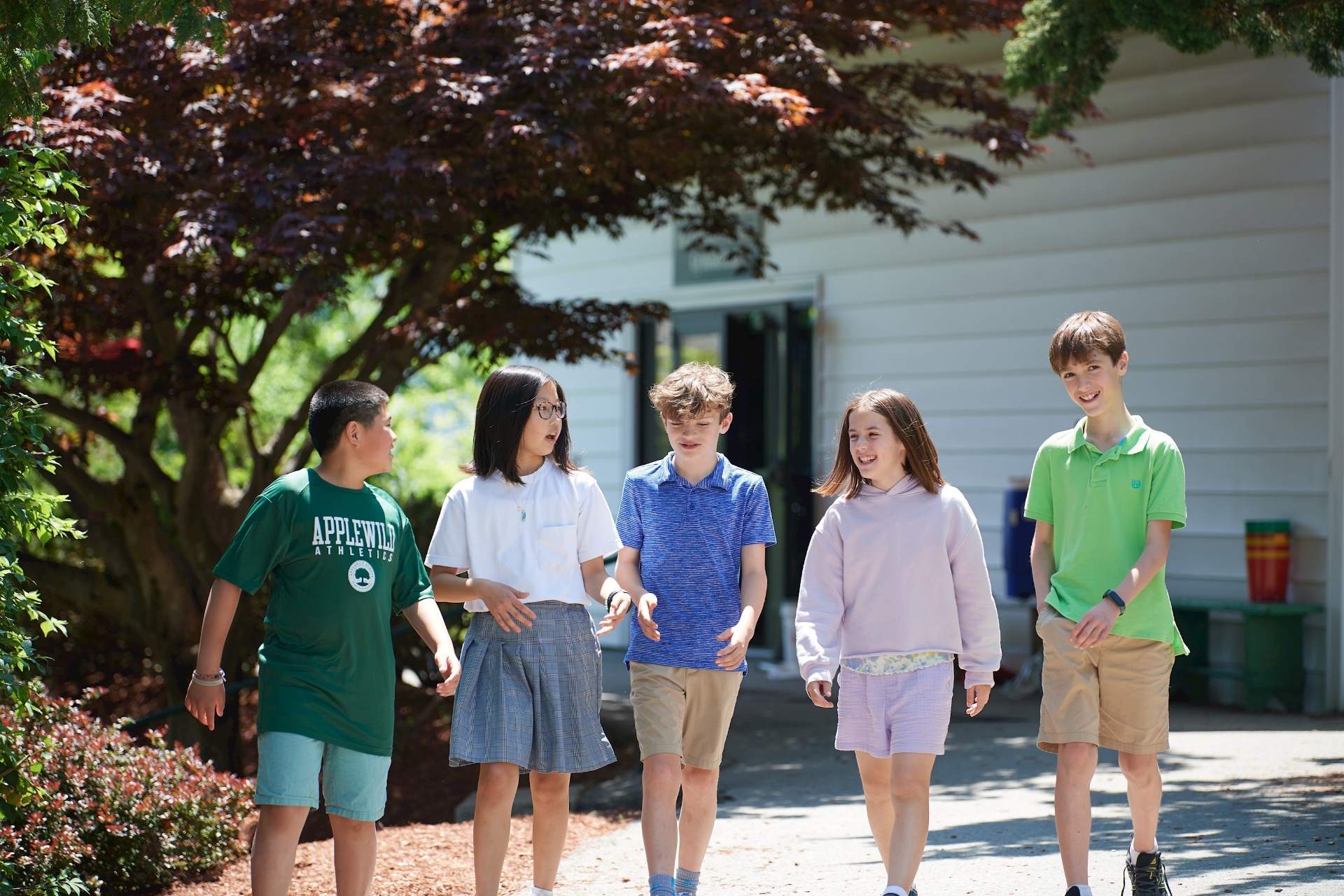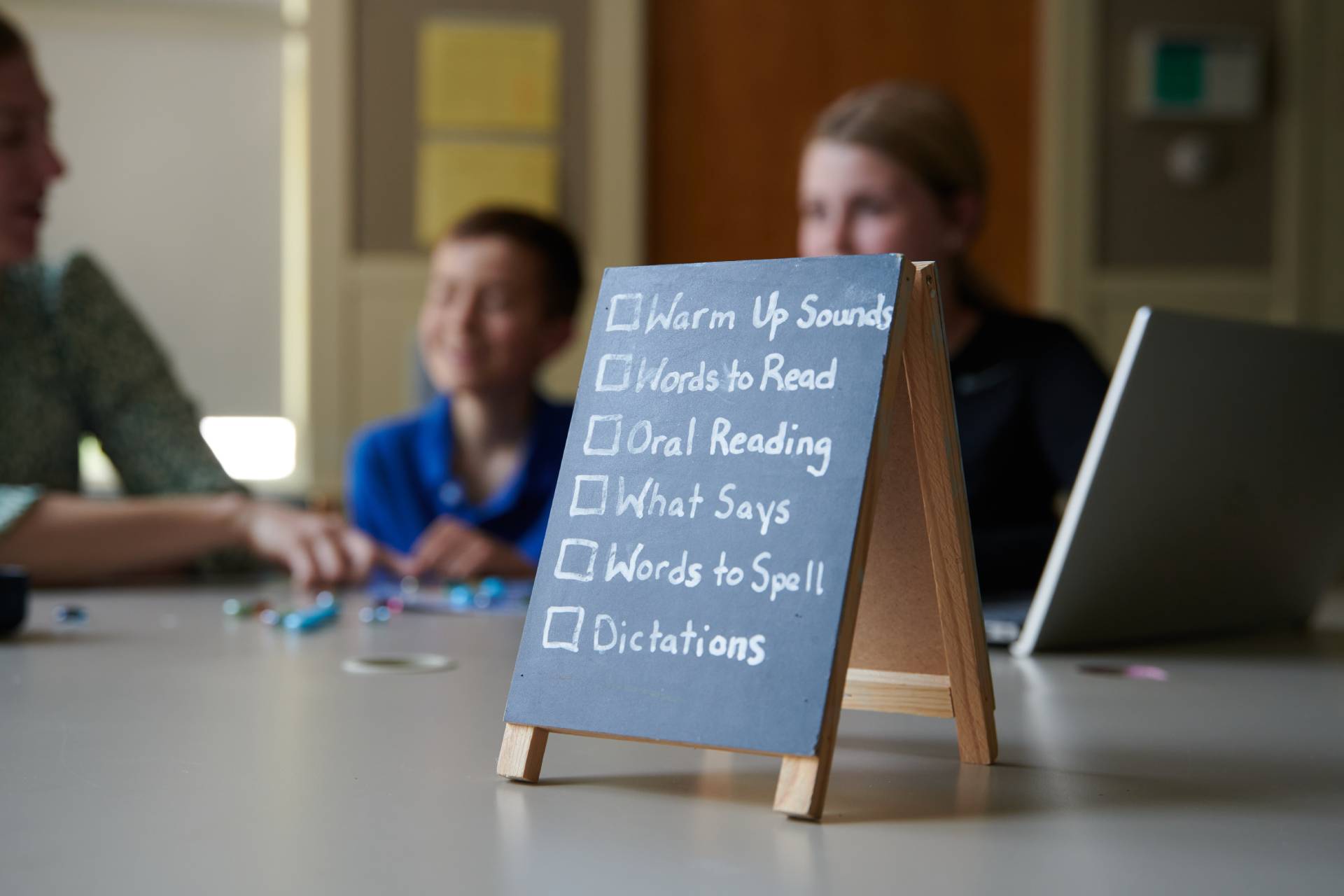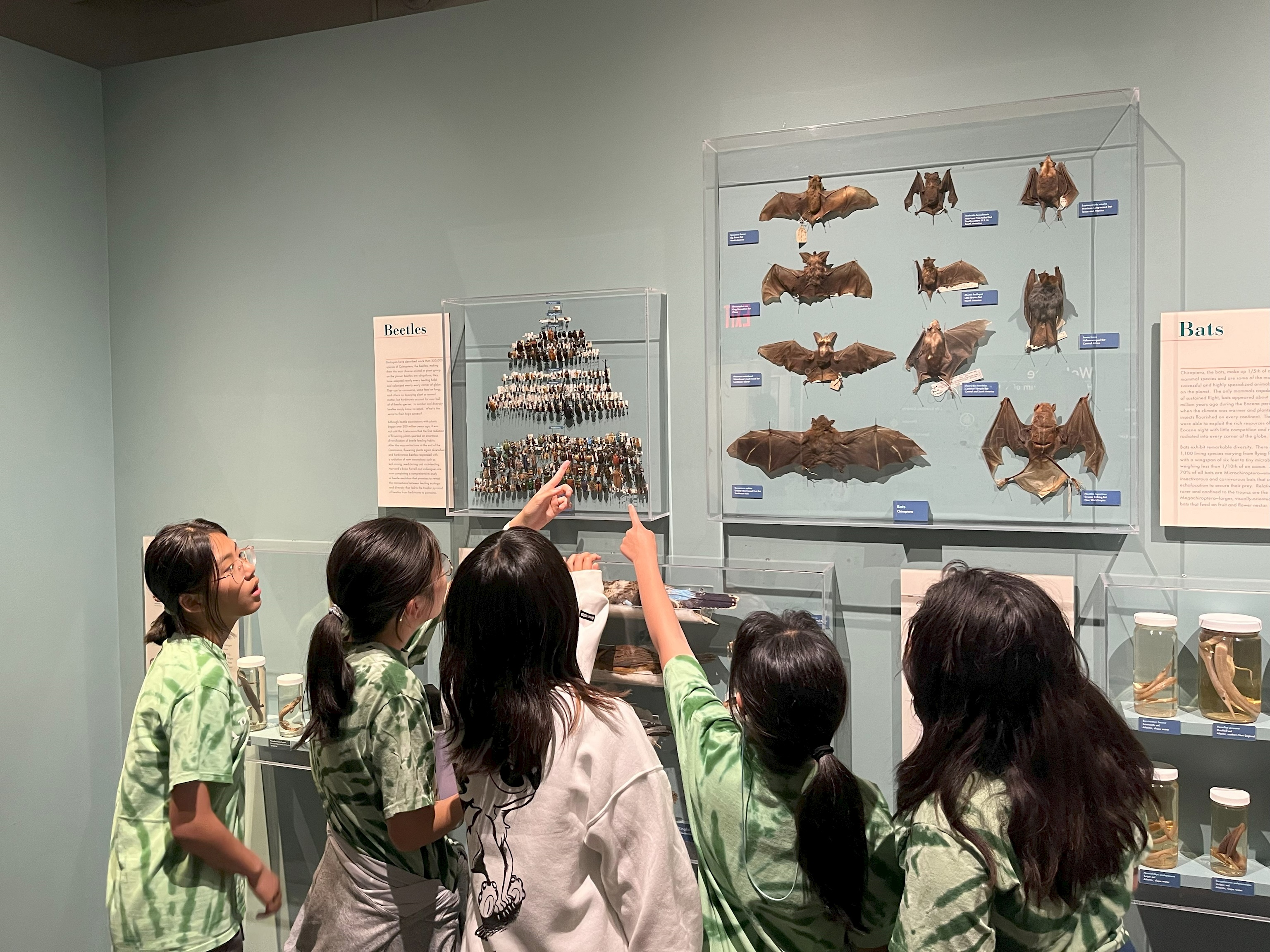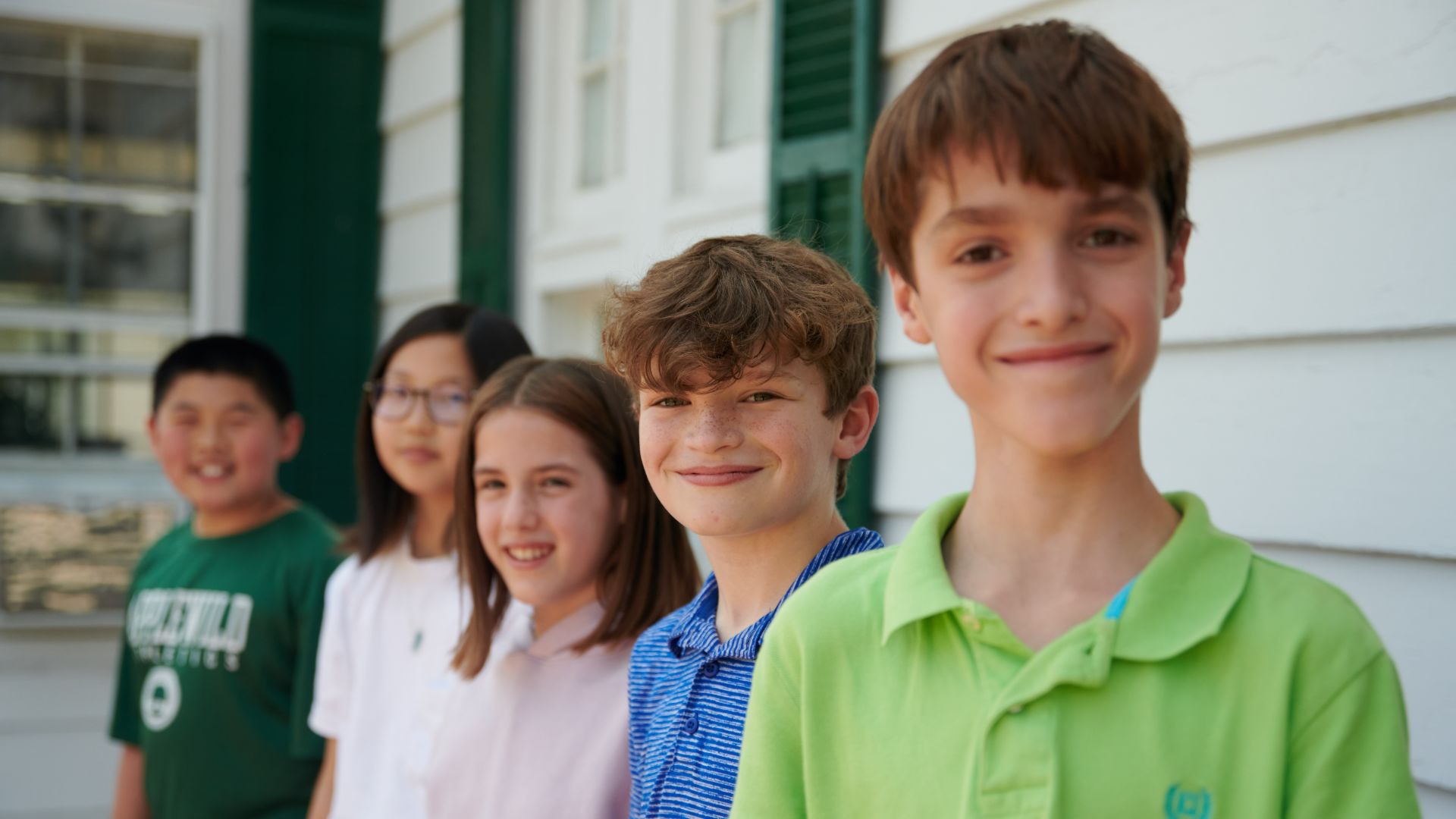June 21, 2024
By Amy Jolly, Head of School
Families most often choose an independent school such as Applewild to ensure their child has access to a deep and broad program where every child is a valued community member. However, some families choose our school to solve a problem such as a desire to be able to pursue interests such as arts at a deep level, escaping a difficult peer situation, or addressing learning challenges. All of these concerns are valid reasons to depart their public school but my favorite problem to solve is providing a home for the “too-smart” child. As Kara Miller pointed out in her Boston Globe Magazine feature article “Where did all the gifted programs go?” (June 2, 2024), Massachusetts public schools, with few exceptions, do not offer gifted programs. In an age where funding is limited, those resources are necessarily placed at helping struggling students meet minimal state-standards. Unfortunately, this leaves many children in an educational environment that at best systematically stimies their natural curiosity and eagerness to learn, and at worst, sets these children up to develop boredom and related maladaptive behaviors.
As a result, it is not uncommon for us to see applicant families who can’t quite put their finger on why their child is not eager to go to school in the morning. Their child may like their friends at school, but they rarely come home from school with breathless reports of interesting problems they were asked to engage with. They know something is off about their child’s school, and their instincts tell them a change is needed. It is the unfortunate reality that most gifted children must endure an educational environment that invalidates their gifts until possibly high school when the larger school sizes necessitate more course choice. If this is the case, we sentence these children to years of “doing school” but not thriving or maximizing their potential.
As noted in the article, parents of gifted children attempt to solve the issue by schlepping them to after school enrichment programs and hope that a couple hours a week of interesting academics will sustain their child’s spirit. This approach is such a waste of precious time to help a child fully realize their talents. Our world has many problems and it is our obligation to nurture the talent that will grow up to create a better future for all. We know that talent is not isolated to the affluent, so Applewild deploys a financial model that allows us to offer significant scholarships, often at 90% or more, to talented local youth. Our job as a school is to find and nurture talent, and scholarships ensure that talent is acknowledged without regard to parental socioeconomic status.
An additional concern is that after-school enrichment programs do not teach a child to stretch in areas where they have relative weaknesses, nor do these programs teach children about their responsibility to the broader community. Martin Luther King, Jr. said that "Education without morals is like a ship without a compass, merely wandering nowhere." It is for this reason that we choose to deploy a project-based learning curriculum that emphasizes our Core Values of respect, kindness, honesty, and civic-mindedness. The heart of a PBL approach is the intrinsic motivation that is inspired through giving students choice and complex projects to engage with. With PBL, the steps taken within a project is where high-level learning occurs. The focus is on process and thinking, where students learn to leverage the combined strengths of the team. For gifted students, this approach is like handing them the keys to their jail cell, allowing them to pursue topics of interest to them, and to deepen their understanding broadly.
To create the ideal educational context, we intentionally offer a residential program that brings students from across the country and around the world to join their day-student peers from Massachusetts. This stew of perspectives and cultures allows for rich classroom and hallway dialogues and introspection, and allows us to elevate the educational experience. We pair a talented peer group with broad and deep offerings in instrumental and choral music, studio arts, electives, and an expectation that every student pursue mental and physical wellness through a daily sports program. While there is significant choice within the program, participating in public speaking, arts, athletics, and all other aspects of the program is non-optional. The program is unapologetically demanding of all students, and we often see gifted students struggle because they have been accustomed to not having to work that hard. This is a good struggle that teaches resilience, creativity, and collaboration which are the foundations for adult lives of success and fulfillment.
It is a special joy to see a child arrive at our school in 4th, 5th, or 6th grade who isn’t excited about school but loves math or reading, to cautiously engage in the middle school play, be nudged to try a new sport, to learn to inspire peers to join them in creating a new club, and ultimately, to speak confidently to an auditorium of 300 people as an 8th grader in the Eleanor Crow Public Speaking Contest. Gifted children don’t just need ‘more’, they need an expansive education that challenges and inspires. To believe in the future is to believe in educating our talented youth appropriately, as the future engineer who solves climate change or the scientist who cures Alzehimers are likely sitting in our classrooms. Childhood’s curiosity should be nurtured for the good of us all.

.jpg)






.png)
